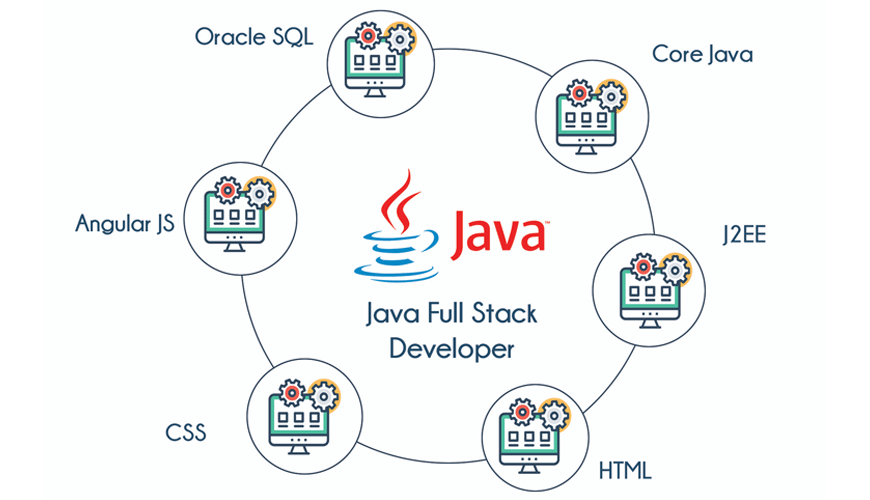In recent years, the field of data science has experienced remarkable growth, driven by the increasing availability of data and the demand for extracting valuable insights from it. This has made a career in data science highly appealing. However, for those aspiring to become data scientists, the route to success isn’t always clear-cut. One fundamental decision to make is whether to pursue academic degrees or professional certifications. In this article, we’ll examine the advantages and disadvantages of each educational path to help you make the right choice for your data science career. Visit Data Science Course in Pune
The Rising Demand for Data Scientists
Before delving into educational options, it’s crucial to understand the broader context. Data science has become an integral component of various industries, ranging from finance and healthcare to e-commerce and technology. The need for professionals who can analyze, interpret, and leverage data for informed decision-making has never been higher. This surge in demand has given rise to multiple educational pathways, making it vital to choose the one aligning with your career aspirations.
Option 1: Pursuing Academic Degrees
Pros:
-
Comprehensive Learning: Pursuing a degree, such as a Bachelor’s or Master’s in Data Science or a related field like Computer Science or Statistics, provides a holistic curriculum. This encompasses in-depth theoretical knowledge, practical applications, and research opportunities.
-
Structured Learning: Degree programs offer a well-structured and broad education, covering various topics, from mathematics and statistics to machine learning and data analysis.
-
Networking Opportunities: University programs often facilitate valuable networking opportunities with professors and fellow students, fostering a strong professional network for your future career.
-
Credential Recognition: Academic degrees are widely recognized and respected by employers, with many data science job postings requiring at least a Bachelor’s degree.
Cons:
-
Time-Consuming: Completing a degree program can be time-intensive, taking several years for a Bachelor’s degree and even longer for a Master’s or Ph.D.
-
Costly: University education can be expensive, with tuition fees, living expenses, and potential student loans contributing to a substantial financial burden.
-
Limited Flexibility: Degree programs may lack flexibility for specialization in specific data science subfields, as they often have fixed curricula with limited room for customization. Join Data Science Course in Pune
-
Option 2: Pursuing Professional Certifications
Pros:
-
Specialized Training: Data science certifications, such as those in machine learning, data analysis, or specific programming languages, offer focused training in the most in-demand skills in the job market.
-
Cost-Effective: Certifications are typically more affordable than degrees, making them a cost-effective option for skill enhancement.
-
Quick Entry: Certifications generally require less time to complete than degrees, with many achievable in a matter of months.
-
Flexibility: Certifications allow you to tailor your learning path to match your specific interests and career goals, focusing on the data science areas most relevant to your desired job.
Cons:
-
Limited Depth: While certifications offer specialized training, they may not provide the same depth of knowledge as degree programs, potentially missing foundational theory and research opportunities.
-
Credential Recognition: Some employers may not value certifications as much as degrees, especially for more advanced positions.
-
Self-Directed Learning: Certifications often require self-directed learning, which may pose challenges for individuals who prefer a more structured educational approach.
Choosing Your Path
The decision between pursuing a degree or certifications depends on your unique circumstances and career goals. Consider the following factors:
-
Career Goals: If your aspirations lean toward research, academia, or advanced data science roles, a degree may be the preferred choice. For practical, industry-focused roles, certifications might be sufficient.
-
Time and Cost: Assess your financial situation and the time you can commit to education. If you need to enter the job market quickly or have budget constraints, certifications may be the more suitable option.
-
Specialization: Determine whether you want to specialize in a specific area of data science. Certifications can help you focus on relevant skills for your desired role.
-
Previous Education: Your existing educational background plays a role. If you already have a degree in a related field, certifications can be a valuable addition. If you lack a relevant background, a degree may offer more advantages.
-
Job Market: Research the job market in your desired location and field, as some regions and industries may place higher value on certifications.
Conclusion: Your Path to Data Science Success
In the realm of data science, there’s no one-size-fits-all solution when it comes to education. The right choice depends on your individual circumstances, career goals, and personal preferences. Data science degrees offer comprehensive education, academic depth, and broader recognition, while certifications provide specialized skills, quicker entry into the job market, and cost-effective training.




